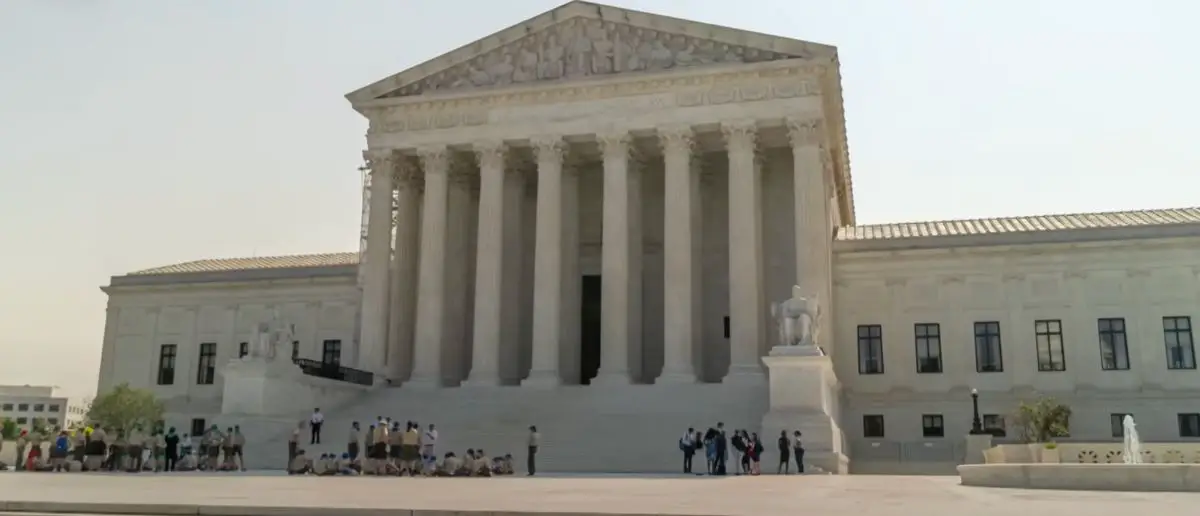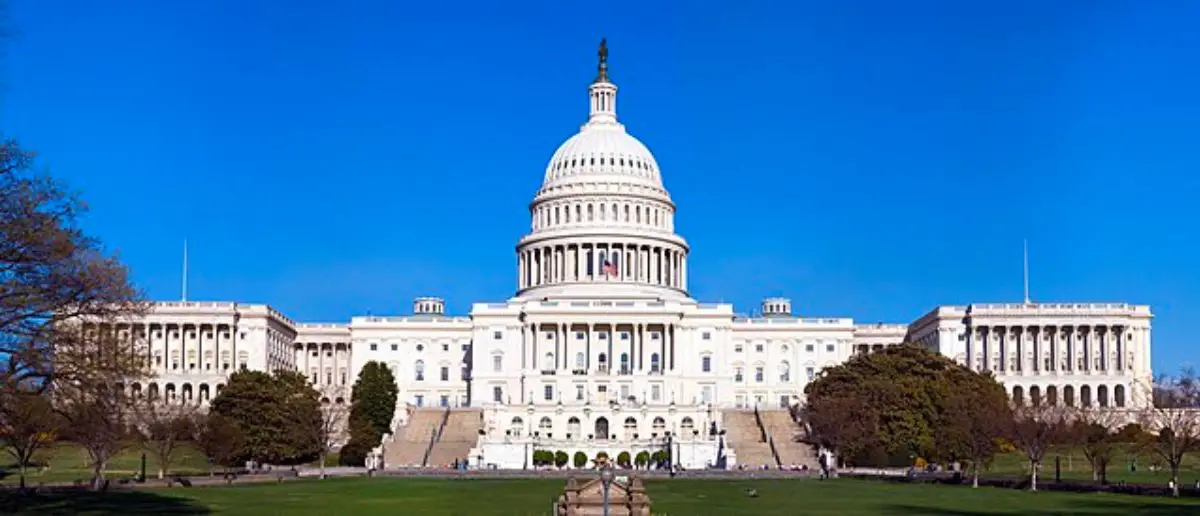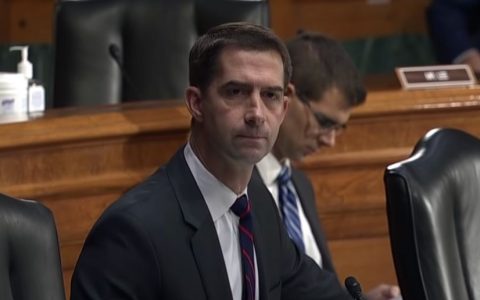
The highest court in the land should soberly assess the facts. But some of the Justices let their emotions get in the way.
Now a Supreme Court Justice confessed to a stunning lack of judgement.
Overstepping as the Junior Justice
During an appearance at the Essence Festival of Culture in New Orleans, Justice Ketanji Brown Jackson, a Biden appointee and the Supreme Court’s most junior member, emphasized her eagerness to assert her views through her opinions, stating, “I just feel that I have a wonderful opportunity to tell people in my opinions how I feel about the issues, and that’s what I try to do.”
While promoting her book Lovely One, Jackson’s remarks highlight a pattern of outspokenness that has drawn scrutiny, particularly for her tendency to write separate dissents in major cases, such as the recent ruling against universal injunctions.
Her dissent, which claimed the Court’s decision to curb such injunctions was “an existential threat to the rule of law,” was sharply rebuked by Justice Amy Coney Barrett, who noted in the majority opinion that Jackson’s views were “at odds” with over 200 years of precedent and not worth dwelling on, underscoring her misalignment with established legal norms.
Clashing with Colleagues and Precedent
Jackson’s vocal approach extends beyond her written opinions, as evidenced by her frequent interventions during oral arguments, outpacing all colleagues in the 2022 and 2023 terms, according to Empirical SCOTUS.
She acknowledged this, saying, “It’s funny to me how people focus on how much I talk at oral argument,” and admitted, “Trying to make sure that my colleagues get to ask some questions has been a challenge for me.”
Her assertiveness, however, has strained relations, notably when liberal Justice Sonia Sotomayor publicly disagreed with her in an emergency order upholding President Trump’s federal job cuts, signaling that even ideological allies find her approach excessive.
Jackson’s defense of universal injunctions, which Barrett dismissed as contrary to constitutional principles, suggests a willingness to prioritize personal views over judicial restraint, raising concerns about her influence as the Court navigates critical issues under Trump’s administration.
Maintaining Collegiality Amid Controversy
Despite her contentious stances, Jackson described a collegial atmosphere among the justices, noting, “The rule at lunch is that you don’t talk about cases, so you learn about people’s families and sports and books and movies and that kind of thing, and you get to know them outside of work.”
She highlighted the Court’s handshake ritual before hearings, suggesting personal bonds persist.
However, her frequent dissents and dominant presence in arguments, as a former trial judge accustomed to controlling her courtroom, have sparked debate about whether her approach undermines the collaborative nature of the Supreme Court.





